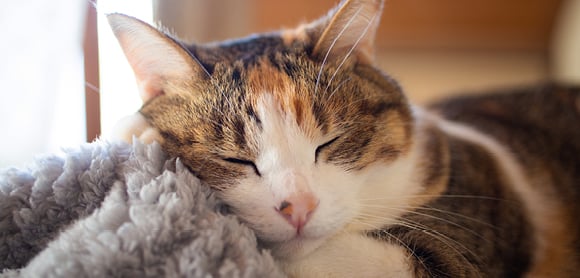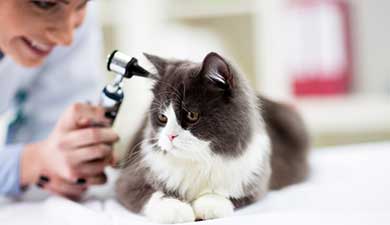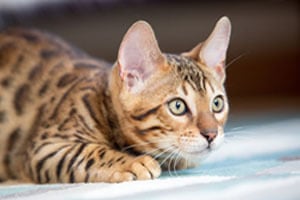This is one of the most common conditions in older cats. It’s caused by the gradual and unfortunately irreversible decline of the kidneys’ abilities to work properly.
The kidneys filter out toxins, waste products and excess water so they can be removed from the body. In order to do this job properly, they have millions of tiny ‘sieves’ called nephrons. As your cat ages, these ‘sieves’ get damaged or start to wither after a lifetime of hard work. Once 66% have stopped working, signs of chronic kidney failure start showing. These usually include increased thirst and urination, as you may have noticed.








